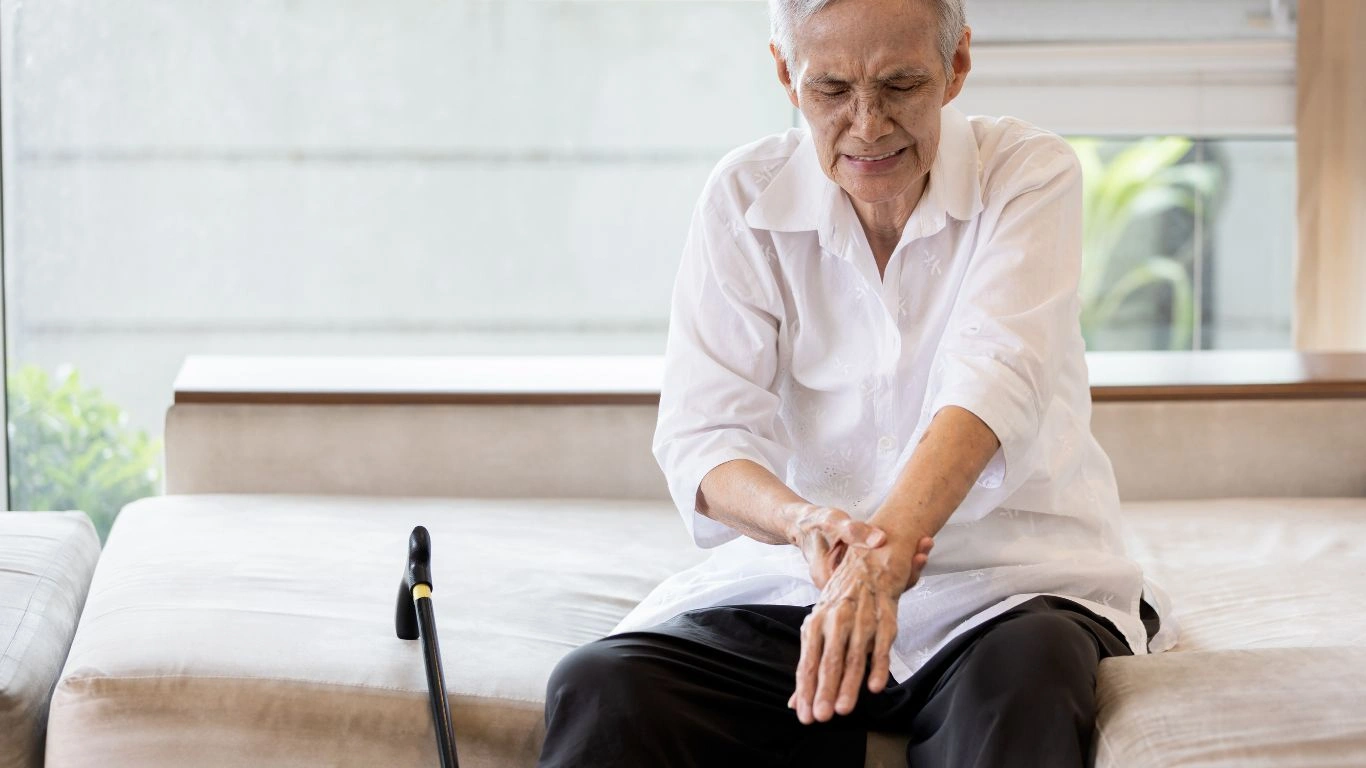Struggling to Sleep with Rheumatoid Arthritis? Try These Expert Tips
Rheumatoid arthritis and sleep problems—it’s a frustrating duo that many of us know all too well. If you’ve ever found yourself tossing and turning at 2 AM, trying to find a position that doesn’t make your joints scream, you’re not alone. As someone who has spent years helping people manage RA, I know firsthand how this autoimmune condition doesn’t just affect your days—it steals your nights, too. Let’s dive into why RA and sleep don’t always get along and what we can do about it.
Why Does Rheumatoid Arthritis Cause Sleep Problems?

So, why is it that when you finally lie down to rest, your RA decides it’s party time? Well, there are a few key reasons:
- Chronic Pain: Let’s be real—when your joints are throbbing, falling asleep feels impossible.
- Inflammation: The immune system’s overactivity can lead to widespread inflammation, making your body feel restless and uncomfortable.
- Medications: Some RA medications, like corticosteroids, can cause insomnia or disrupt sleep cycles.
- Fatigue Cycle: RA fatigue is brutal, but ironically, exhaustion doesn’t always mean good sleep—it can mean more restlessness.
- Comorbid Conditions: Many people with RA also experience anxiety, depression, or sleep apnea, all of which can contribute to poor sleep.
The Vicious Cycle: Lack of Sleep Worsens RA

Here’s the kicker—poor sleep doesn’t just make you tired. It actually makes RA worse. Studies show that lack of sleep can increase inflammation levels in the body, leading to more pain and stiffness the next day. It’s a cruel cycle:
- Poor sleep leads to higher inflammation.
- Higher inflammation leads to more pain.
- More pain leads to difficulty sleeping.
- And the cycle continues…
One of my patients once told me, “It feels like my body is rebelling against rest.” That resonated with me because RA isn’t just about joints—it’s about the entire body being in a constant state of battle.
How RA Impacts Sleep Stages

Ever wake up feeling like you barely slept, even if you were in bed for eight hours? That’s because RA doesn’t just steal your sleep—it disrupts the quality of it. Here’s how:
Difficulty Falling Asleep
Pain and discomfort make it harder to relax. Plus, stress and anxiety about upcoming flares can keep your mind racing.
Frequent Nighttime Awakenings
RA pain tends to flare at night, leading to multiple wake-ups. Even slight movements can send pain signals to the brain, jolting you awake.
Reduced Deep Sleep
Deep sleep (also called slow-wave sleep) is crucial for healing, but inflammation and discomfort can prevent you from getting enough of it.
Early Morning Stiffness
Many people with RA wake up more stiff and sore than when they went to bed. This is because the body’s natural anti-inflammatory hormones dip overnight, making joints feel extra tight in the morning.
Case Studies & Real-Life Examples

When it comes to rheumatoid arthritis and sleep problems, the struggle is very real. But don’t just take my word for it—here are a couple of real-life stories from patients I’ve worked with over the years.
Lisa’s Story: The Battle with Nighttime Pain
Lisa, a 47-year-old teacher, came to me exhausted. Her RA pain peaked at night, leaving her tossing and turning for hours. She tried everything—changing pillows, sleeping positions, even expensive memory foam mattresses. Nothing worked.
After discussing her routine, we made a few changes: adjusting her medication timing, introducing an evening stretching routine, and adding a weighted blanket to ease muscle tension. Within a few weeks, she noticed fewer nighttime wake-ups and better quality sleep.
David’s Journey: Managing RA Fatigue and Sleep Apnea
David, a 55-year-old engineer, had RA for over #LNF

Tarra Nugroho is a dedicated Nurse Practitioner with a strong foundation in family and preventive care. She brings both compassion and clinical expertise to her practice, focusing on patient-centered care and health education. As a contributor to Healthusias.com, Tarra translates medical knowledge into clear, empowering articles on topics like women’s health, chronic disease management, and lifestyle medicine. Her mission is simple: help people feel seen, heard, and informed—both in the clinic and through the content she creates. When she’s not caring for patients, Tarra enjoys weekend hikes, plant-based cooking, and curling up with a good health podcast.







